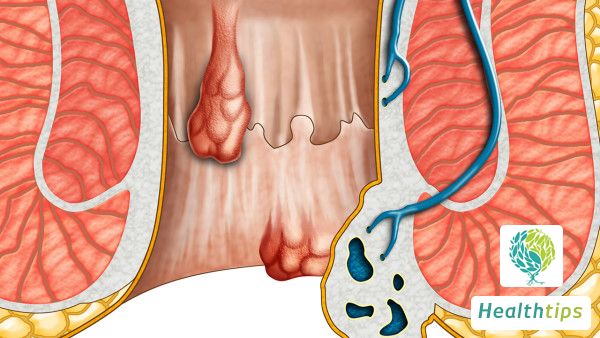Patients with uremia are not recommended to eat barbecue. Uremia is a syndrome composed of a series of clinical manifestations that occur after chronic kidney disease enters the terminal stage. Patients with uremia need to pay attention to low-salt diet in terms of diet. Barbecue contains a high level of salt and is a greasy food with high fat content, which may increase the burden on the kidneys of patients, so it is not recommended. Reasons for Avoiding Barbecue:

1. High-salt diet: Due to renal failure and decreased glomerular filtration rate, patients with uremia will experience increased excretion of electrolytes such as sodium, potassium, and calcium ions, leading to hypertension and other conditions. Barbecue has a high salt and water content, and improper cooking may worsen the patient's hypertension symptoms.
2. High-protein foods: Patients with uremia often suffer from renal proteinuria caused by a large amount of protein lost in urine, which may lead to hypoproteinemia. Eating too much barbecue may exacerbate the patient's hypoproteinemia and even cause severe complications such as pleural effusion and ascites.
3. High-purine foods: Patients with uremia have impaired kidney function, resulting in decreased glomerular filtration rate and accumulation of metabolic products such as creatinine in the body. Eating high-purine foods like barbecue may increase the patient's uric acid level, leading to hyperuricemia and even gout attacks in severe cases.
4. Greasy foods: Patients with uremia often have abnormal lipid metabolism. Eating barbecue may increase the burden on the gastrointestinal tract and hinder disease recovery.
In addition to dietary considerations, patients with uremia should also pay attention to their daily routine, avoid overexertion, and ensure adequate sleep. Furthermore, they should strictly follow the doctor's instructions for medication to control blood pressure, blood sugar, blood lipids, etc., within the normal range.




















